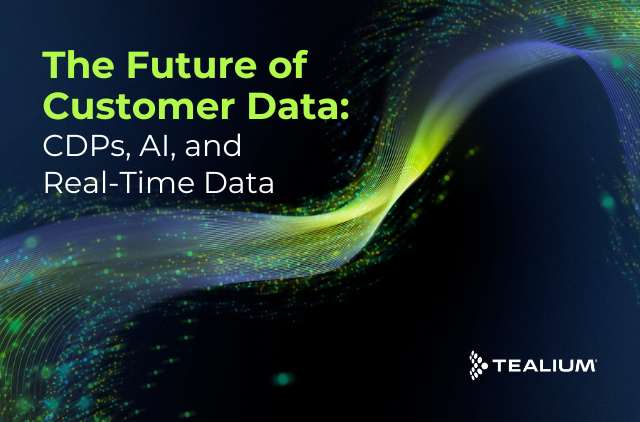Following years of hype, businesses in Europe are finally making strides in the use of AI and Machine Learning. That being said, our own research showed that different countries were at different stages when it came to data maturity. For example, UK companies seem to lack the expertise in AI and ML that their French counterparts enjoy. On top of that, they’re not prioritising education on how to use the necessary platforms, nor sorting their siloed data. Perhaps this is simply a reflection of traditionally British conservatism versus French savoir faire?
Let’s take a look at what separates the ML leaders from the laggards.
It all starts with the data. As the old adage goes ‘garbage in, garbage out’. In today’s data-driven world, people often focus too much on the outcome rather than how to get there. The pressure to deliver fast results leads us to cut corners.
It’s like trying to cook and deliver a three course meal in 30 minutes without any instructions or the right ingredients (something which would leave the French aghast!). The floor gets covered in inedible food, no-one knows what or where dessert is, and the customer is not only refusing to pay but wants you to cover their dry cleaning bill.
This approach is still adopted in business, but there is a better way. Relevant expertise and good quality, organised data— combined with first-class AI and Machine Learning technologies – would avoid such terrible products and shudderingly bad customer experience. Unfortunately, too many companies just pop data into a tool and run with the insights they receive, without taking the time to think about a holistic data strategy across their entire tech stack.
Unfortunately, the majority of UK respondents (60 percent) aren’t currently using either AI or ML technology in their data and marketing efforts. And worryingly, roughly half of these have no plan to use it in the future. This seems blinkered, which is highlighted by the fact that 90 percent of British respondents agree that there is a lack of understanding of these technologies.
So we have a majority not intending to use AI or ML, and an even larger majority not having a full understanding of it. This is like suggesting WhatsApp to your parents as a great tool for sharing pictures in lockdown (and is way better than email), but them saying it isn’t for them because they “just don’t get it.” Machine learning doesn’t have to be hard when it’s designed for marketers to predict better outcomes on their own.
A dearth of understanding is just the start. Not even a fifth of the respondents (19 percent) in the UK have their customers’ data integrated as a single view. But what value can anyone draw from results based across silos? What opportunities are they missing out on, and what errors are they compounding by not seeing the whole picture? Having one view of customer data enables companies to gain actual, valuable insights to inform future decisions.
Education and training will help for starters – not just on how to use the tools and interpret the results, but also in how to work together across the company to make the most out of them. If people know how to use a technology platform (and why it matters), then they’ll use it. I mean, once you finally get your parents on WhatsApp, turn off notifications – it’ll wear your battery down (believe me).
French businesses appear to be taking a very different approach, where AI and ML appears to be widespread; the majority (nearly 70 percent) of companies claim to be using the technology already for marketing purposes.
Three-quarters of respondents claim that they can actually observe the benefits, while 86 percent state that the results enabled overall new insights to be revealed – a statistic which should make even the most stoic of UK marketing directors sit up and take notice, if not quite eliciting a “sacré bleu!”
The widespread use (and success) of AI and ML in France is showing how data-driven analysis is making a big difference in marketing operations. It highlights how data readiness can yield tangible results and can provide a roadmap for other countries that are at risk of falling behind.
In short, results from AI and ML are only as good as the data used, and the tools employed to make the most of it. That and using it in the first place of course. After all, as the famous Chinese proverb says, “a journey of a thousand miles starts with a single step”.
A flawed approach and lack of understanding will mean that UK companies risk lagging behind in their digital marketing strategy, hindering long-term growth. However, there is the opportunity to turn the ship around, and the sooner UK marketing teams realise this, the better.
Download our recent Whitepaper research, ‘Artificial Intelligence and the Future of Marketing’.






